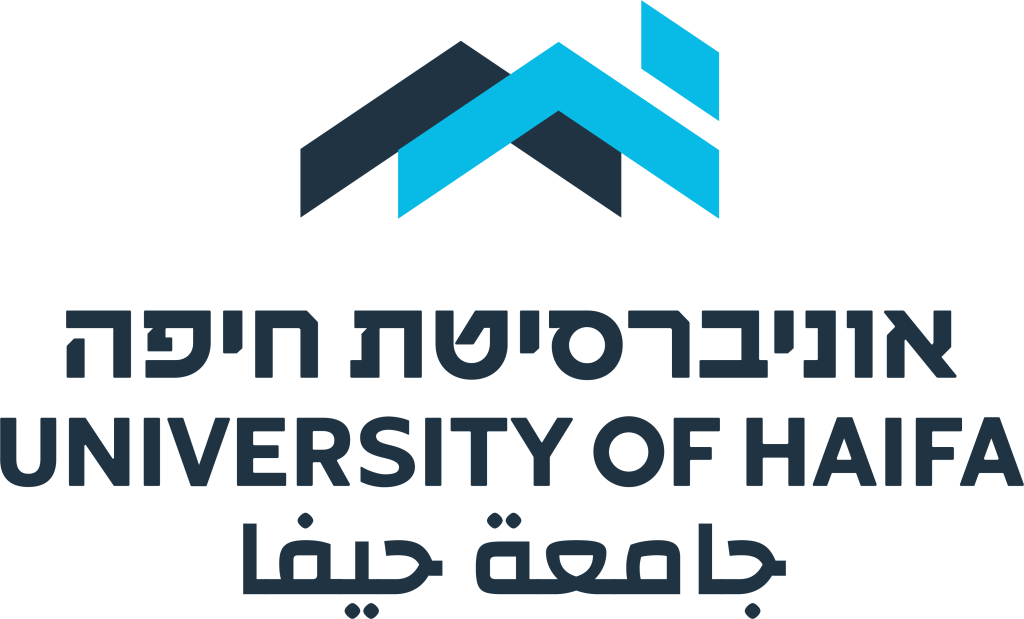Projects
Hybrid-AI Quantile Regression for Spatio-Temporal Climate Analysis

- This project develops a Hybrid-AI Quantile Regression framework, merging nonparametric statistical methods with physics-informed neural networks.
- It aims to enhance the understanding and prediction of climate phenomena by analyzing spatio-temporal climate data.
- The framework’s versatility is showcased in a case study using rainfall data from India and Israel, highlighting its potential in environmental research, urban planning, and climate change mitigation.
Advanced Statistical Inference for Dynamical Systems

- This project aims to develop innovative methods for model selection and lack-of-fit testing in the context of Ordinary Differential Equations (ODEs) modeling of dynamical systems.
- Focusing on nonlinear systems, both fully and partially observed, it introduces testing methods for model selection and nonparametric testing of lack-of-fit.
- This research will have significant implications in various scientific fields, such as engineering, medicine, psychotherapy, epidemiology and biology, offering new statistical tools for understanding complex dynamical processes.
Innovative AI-Driven Approach for the Development of Postharvest Protocols Under Extreme Climatic Conditions

- This project focuses on the development of postharvest protocols using physics-informed machine learning for assessing the quality of cucumbers, zucchini, champignon, and portobello mushrooms under extreme climatic conditions.
- By integrating advanced AI with physics-based insights, the project aims to accurately predict produce fitness through image analysis.
- In colaboration with MIGAL – Galilee Research Institute.
Dynamical System Modeling and Statistical Inference in Psychotherapy

- This project applies dynamical system modeling and statistical inference to enhance understanding and efficacy in psychotherapy treatment.
- It employs mechanistic models such as Ordinary Differential Equations (ODEs) and physics-informed machine learning to delve into the complexities of psychotherapeutic processes.
- Additionally, mixed effects nonlinear modeling is utilized to capture the nuanced variations in therapy outcomes, offering a comprehensive and sophisticated approach to analyzing and improving psychotherapy practices.
Personalizing Ultrafiltration in Dialysis using Advanced Statistical Models

- Collaborator: Dr. Amnon Gil, Head of Nephrology & Hypertension Institute, Emek Medical Center
- Clinical Need: Despite major technological progress, dialysis patients continue to experience high morbidity and mortality. Personalizing fluid removal is critical to reducing complications such as fluid overload, cardiovascular strain, and infections.
- Objective: Develop machine learning and statistical models to personalize ultrafiltration rates (UFR) in hemodialysis patients, with the goal of improving safety and clinical outcomes.
- Approach: Combine advanced statistical methods (e.g., regression, mixed-effects modeling) with machine learning techniques (e.g., random forests, neural networks).
- Outcome: Creation of predictive models that recommend optimal UFR, tailored to individual patients, balancing effective fluid removal with minimized risks of hypotension and discomfort.

